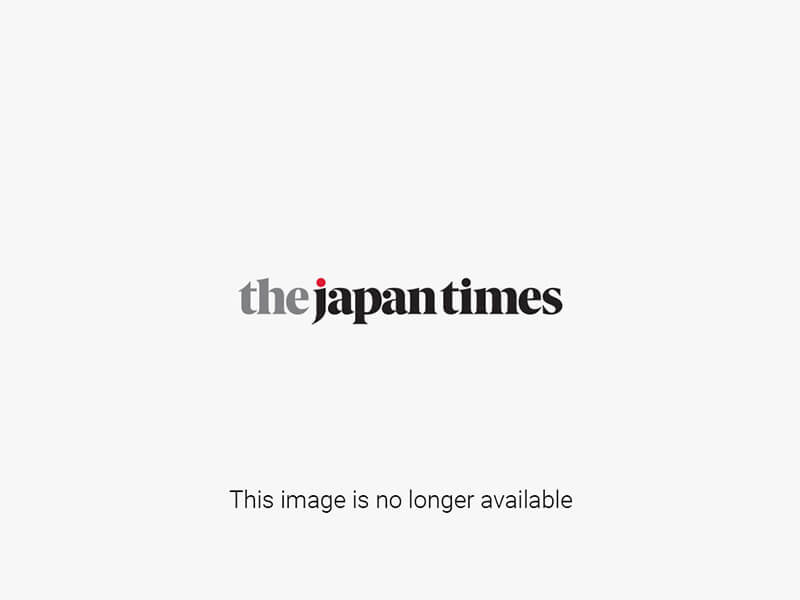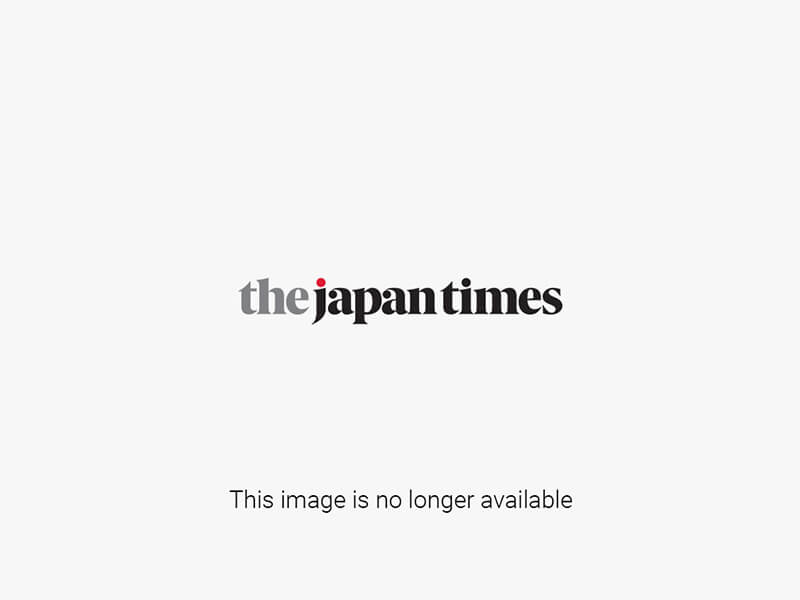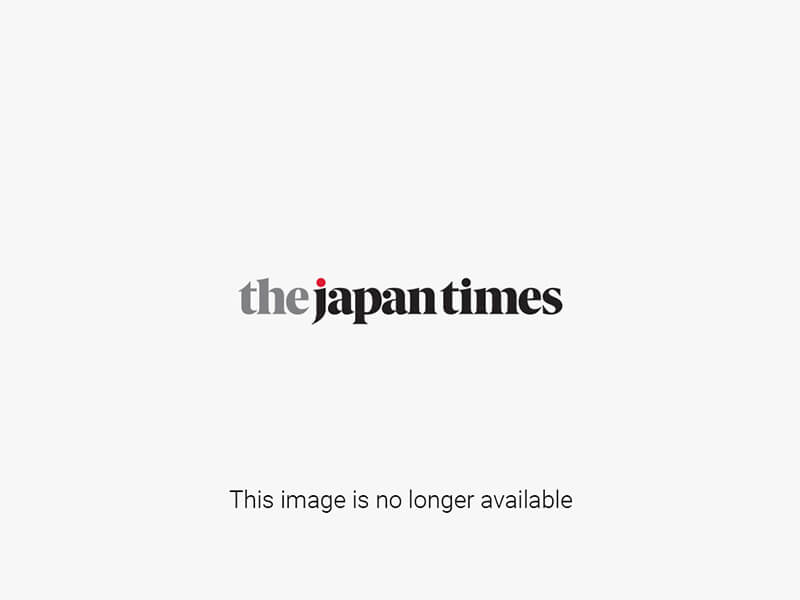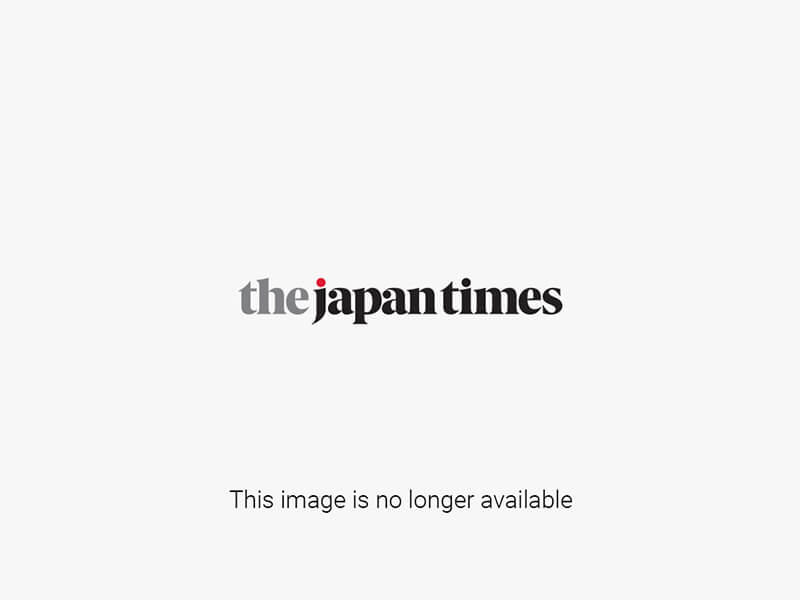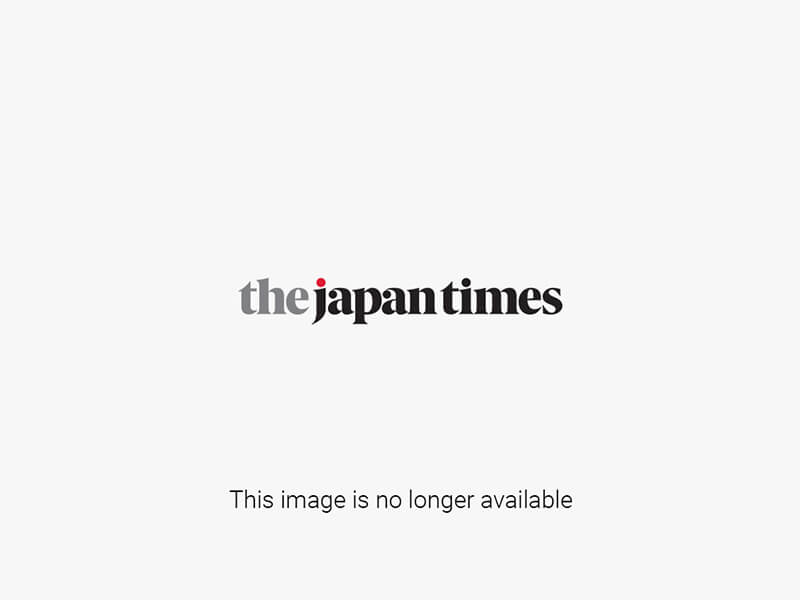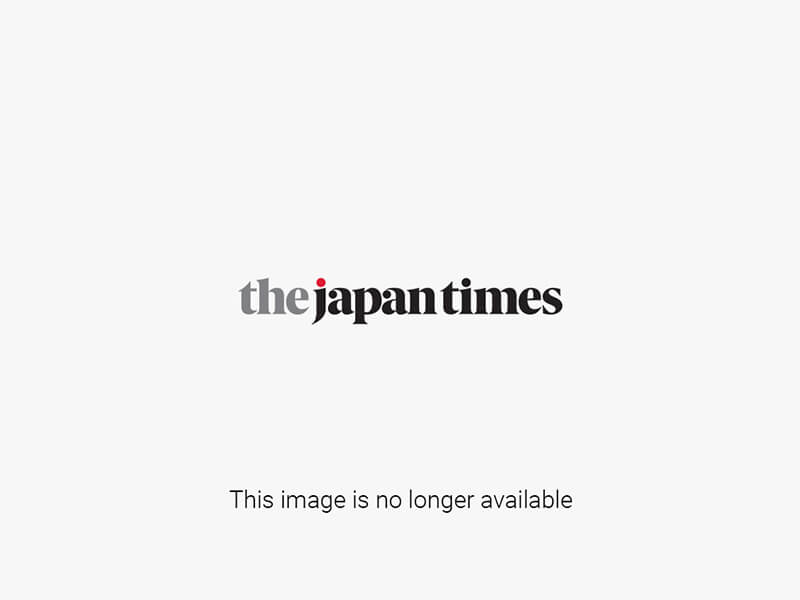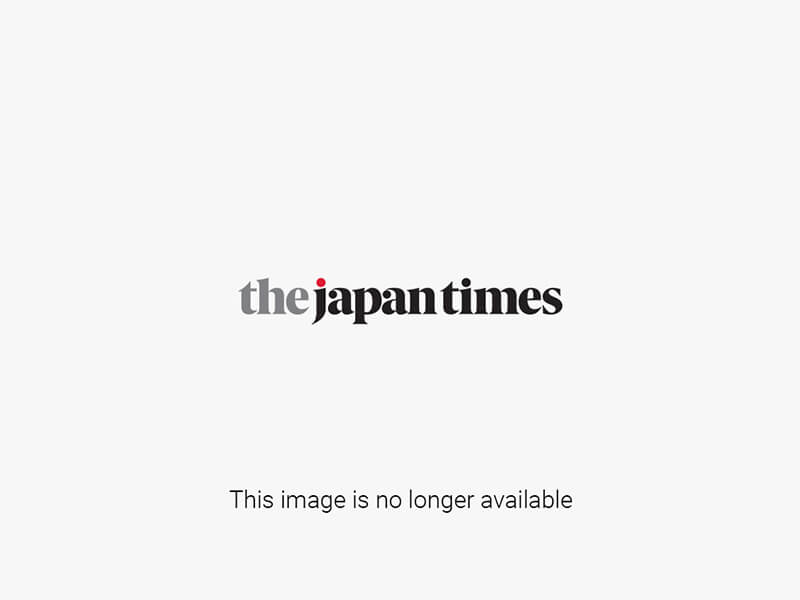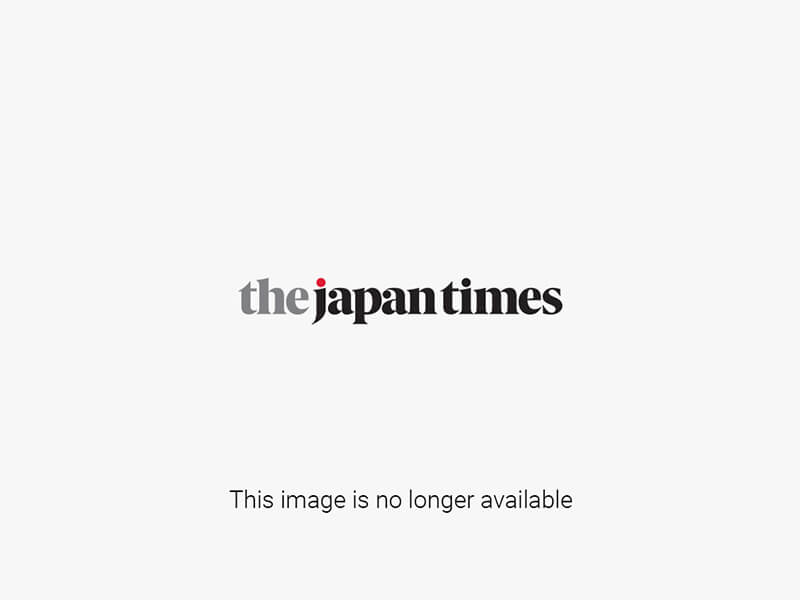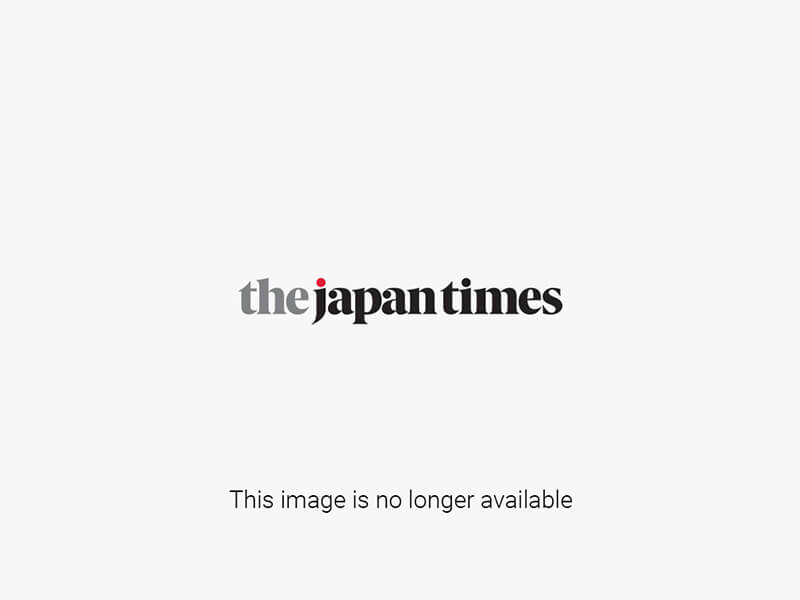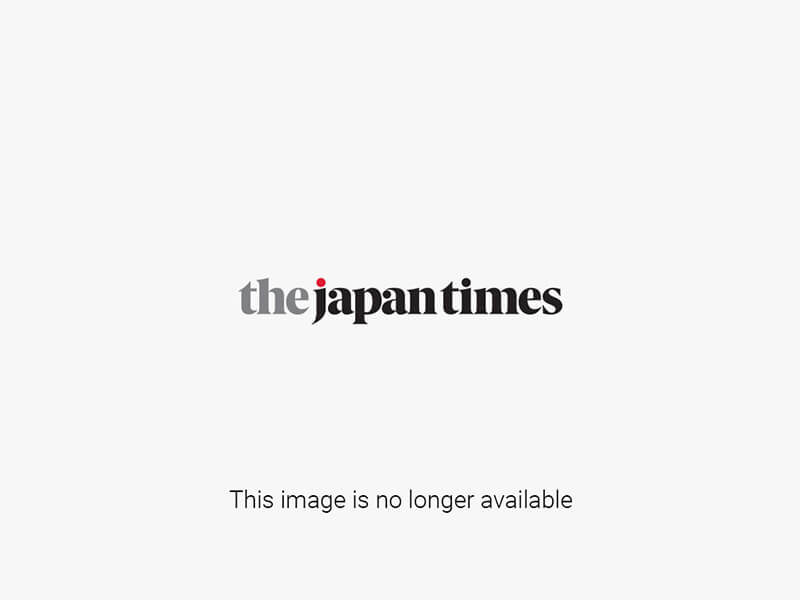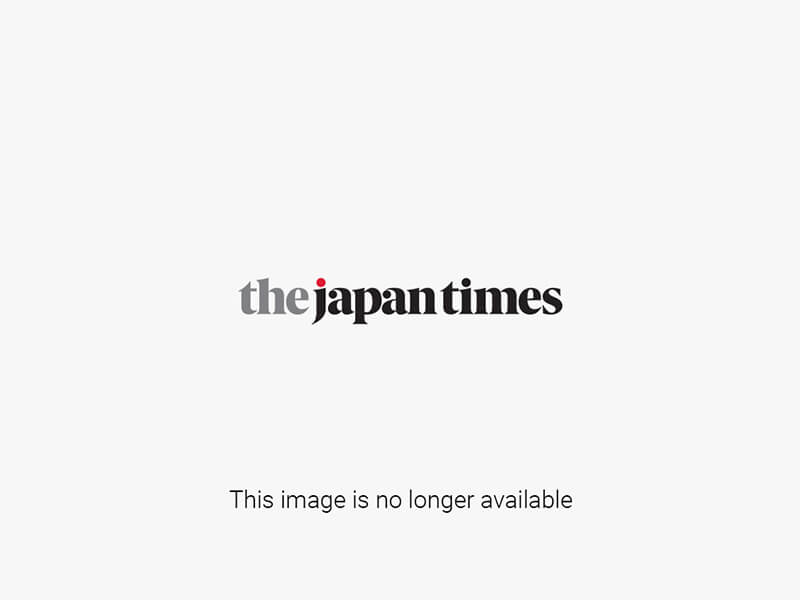Located in the heart of the Arabian Gulf, Bahrain’s economy is growing faster than any other in the Gulf region. “We have had an average growth in gross domestic product (GDP) of 3 to 4 percent for four years and are optimistic that this growth will continue,” said Minister of Industry, Commerce and Tourism Zayed R. Al Zayani.
This achievement stems from it being the first of the region’s oil economies to diversify away from hydrocarbons, he commented: “Bahrain has always been a pioneer. Diversification started in the 1960s, manufacturing now represents around 15 percent of GDP and financial services about 17 percent. We also adapted quickly to the modern age by implementing Bahrain’s Vision 2030, our strategy for creating a robust and diverse economy for the future.”
Boosting the private sector and foreign direct investment (FDI) are key to this strategy. “The government wants to step out of the operational side. We have revisited all of our laws and regulations with one simple aim — making Bahrain easier to do business in. Only 2 percent of activities are now restricted to Bahraini ownership, for example — it is the most liberal regime in the region,” Al Zayani said.
The government has also made the kingdom more attractive by strengthening transport infrastructure to allow investors to take advantage of its position as a gateway to the Gulf with many free-trade agreements. Current projects include a $1.1 billion new terminal at Bahrain International Airport that will open this year and there are plans for a second road link to Saudi Arabia.
The economy has also been strengthened through fiscal policies. The country’s budget deficit was reduced by 35 percent in 2018 from 2017’s $3.55 billion and 2019’s introduction of a 5 percent value-added tax should bring further improvement. These policies are having the desired effect. In the first nine months of 2018, FDI grew by 138 percent and 80 percent of GDP came from the private sector last year.
The kingdom’s ongoing development plans offer huge potential to Japanese companies, according to the minister: “We have strong trade relations with Japan but I would like to see more investments and joint ventures between us. There are opportunities in all sectors although we are focused on tourism, information and communication technologies, finance and banking and manufacturing and logistics.”
Tourism is at the forefront of development
The first of those sectors, tourism, is Bahrain’s fastest-growing industry. “Today, we have 12 million visitors a year, 5.9 percent more than in 2017, and tourism’s direct contribution to GDP is above 6.5 percent. In 2015, it was 4.6 percent. The average number of nights spent in Bahrain has also gone up over that period from 2.3 to 2.9,” said Bahrain Tourism and Exhibitions Authority (BTEA) Chief Executive Officer Shaikh Khaled bin Humood Al Khalifa, who oversees the agency responsible for promoting, overseeing and providing investor services for the sector.
Bahrain’s growing popularity comes from a unique blend of well-preserved historical sites from its 5,000-year-old civilization, culture and authenticity, as well as the cosmopolitan and tolerant nature of the country, explained the CEO, “Where else in the world can you find a Muslim mosque, a Hindu temple, a Jewish synagogue and a Christian church within 2 kilometers of each other?”
However, he added: “Our number one asset is the Bahraini people. That is why BTEA created the marketing slogan ‘Bahrain. Ours. Yours.’ — to highlight our hospitality.” BTEA is promoting this slogan as part of its ambitious plans for the sector’s continued growth. “We have built a strategy around four As: attractions, accommodation, awareness and accessibility. And the first thing we had to do was make sure our attractions were right,” the CEO noted.
In line with the global trend in tourism away from sightseeing and toward unique experiences, the CEO noted: “Bahrain is building the full experience. We are the only country where you can enjoy traditional pearl diving, for instance. For shoppers, we have new developments and the souk, which is over 150 years old.
“We also host large sporting events like the Iron Man Triathlon and Formula One motor races. In addition, medical, educational, cultural and ecological tourism all exist here.”
Bahrain is also building new attractions — nearly $400 million is thought to have been invested in the sector in 2018 and that figure is predicted to rise by 6.9 percent a year for the next decade. One important project is the exhibition center that will be the largest in the region and will further position the kingdom as a leading hub for meetings, incentives, conferences and exhibitions. “It will be completed in 2021 and we already have a team dedicated to bidding for major international events,” said the CEO.
In January, Bahrain announced that it was planning to construct the world’s largest underwater theme park as well. Containing a decommissioned Boeing 747 among its many attractions, the 100,000-square-meter diving site will also provide a haven for coral and other marine life.
To accommodate an influx of tourists, five substantial beachfront projects are in the pipeline, which will contain hotels and additional facilities. “For instance,” stated the CEO, “A $550-million upscale waterside development on Diyar Al Muharraq, an archipelago of seven man-made islands, should be ready next year.”
Until recently, the vast majority of tourists enjoying these attractions would have come from other Gulf countries. But BTEA is creating wider awareness of the kingdom’s appeal, he said: “We have opened offices in Saudi Arabia, Kuwait, the U.K., France, Germany, Russia and India so far, which have been successful. We launched our London office in 2016, for example. In 2018, we sold almost 9,800 packages to Bahrain worth over $13 million through that office, and have established relationships with 49 tour operators and travel agencies.”
In addition to the international airport expansion, partnerships like this are making the country more accessible. BTEA works closely with Gulf Air, the expanding national carrier, to create targeted packages in collaboration with international tour operators and hotel groups based in Bahrain, such as Abu Dhabi’s Rotana.
“We want to reach out to Japan and Southeast Asia — it makes sense because we are part of Asia — but we do not have any direct flights between us yet. The impact is immediate when there are direct flights. In Russia, we opened an office in 2017, started charter flights in 2018 and now have two flights a week from Moscow carrying 440 passengers,” said the CEO. Initiatives like this will continue to be introduced, he stated: “Bahrain is full of potential and it offers what the world’s tourists are looking for. Now we are connecting the dots.”
